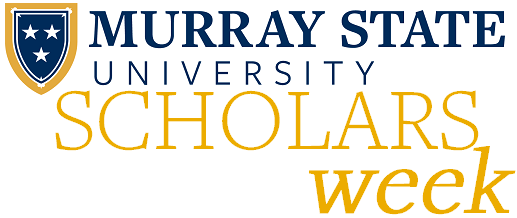
List all Project Mentors & Advisor(s)
Dr. Jana Hackathorn
Presentation Format
Poster Presentation
Abstract/Description
Previous researchers have focused on the availability and quality of feedback as a mediating factor for work performance (Kluger & DiNisi, 1996). Quality feedback is that which is consistent and provides direction towards specific goals and is a major directive factor of work performance (London, 1995). As individuals that receive quality feedback during the work process tend of show better work performance, the question remains regarding regular tasks and non-work related performance. It was hypothesized that participants that receive positive feedback will complete a personally irrelevant task (i.e., a Sudoku puzzle) more efficiently than those that do not receive feedback. Additionally, it was hypothesized that those that receive positive feedback would report greater happiness after completing the task than those that received no feedback. The results indicated that the experimental condition which received positive feedback completed the puzzle in significantly less time (M = 10.03, SD = 4.48) than the control group (M = 15.91, SD = 6.73) which received no feedback, t(67) = 4.29, p M = 4.29, SD = 1.23) than the control group (M = 3.85, SD = 1.31). These results have some important implications, in that positive feedback, even in an unrelated task can lead to increased productivity.
Location
South Lobby, Waterfield Library
Start Date
21-4-2016 4:30 PM
End Date
21-4-2016 6:00 PM
Included in
Quick AND Satisfied? The Effects of Positive Feedback on Task Completion
South Lobby, Waterfield Library
Previous researchers have focused on the availability and quality of feedback as a mediating factor for work performance (Kluger & DiNisi, 1996). Quality feedback is that which is consistent and provides direction towards specific goals and is a major directive factor of work performance (London, 1995). As individuals that receive quality feedback during the work process tend of show better work performance, the question remains regarding regular tasks and non-work related performance. It was hypothesized that participants that receive positive feedback will complete a personally irrelevant task (i.e., a Sudoku puzzle) more efficiently than those that do not receive feedback. Additionally, it was hypothesized that those that receive positive feedback would report greater happiness after completing the task than those that received no feedback. The results indicated that the experimental condition which received positive feedback completed the puzzle in significantly less time (M = 10.03, SD = 4.48) than the control group (M = 15.91, SD = 6.73) which received no feedback, t(67) = 4.29, p M = 4.29, SD = 1.23) than the control group (M = 3.85, SD = 1.31). These results have some important implications, in that positive feedback, even in an unrelated task can lead to increased productivity.

